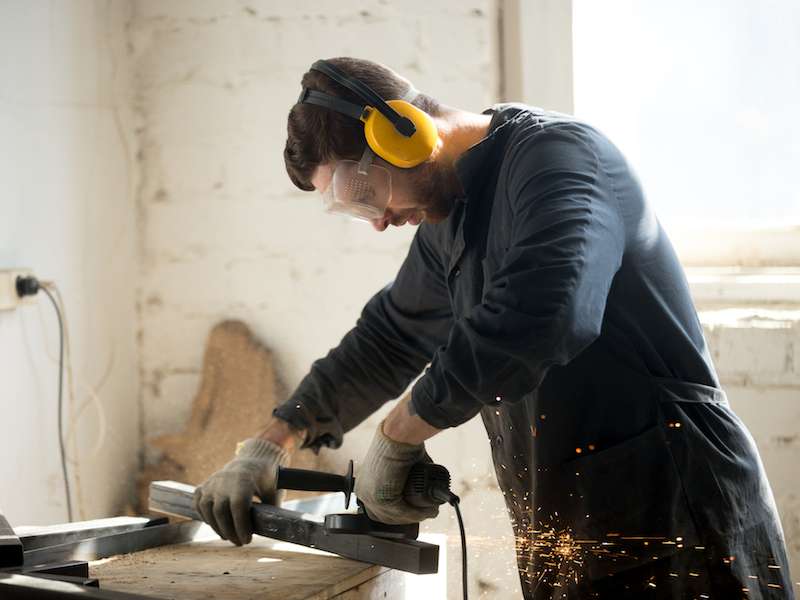
Is your hearing protection failing to safeguard your hearing? Watch for these three things.
In spite of your best efforts, you can sometimes run into things that can hinder your hearing protection, both at home and at the job. That’s difficult to deal with. After all, you’re trying to do what you’re supposed to do! When you go to a show, you use your earplugs; At work, you use earmuffs every day; and you try to steer clear of Uncle Joe who is constantly yelling in your ear.
Here’s the point, when you’re doing everything right but you’re still having problems, it can be discouraging. Fortunately, you can take some measures to protect yourself once you know what types of things can impede the performance of your ear protection. And this will keep your ear protection in a state of efficiency even when you’re having a little difficulty.
1. Using The Wrong Type of Hearing Protection
Hearing protection comes in two practical types: earplugs and earmuffs. Earplugs are small and, as the name suggests, can be inserted right into the ear canal. Earmuffs are like large headphones with no music (instead, they, you know, safeguard your ears).
- When you’re in a setting where sound is relatively constant, earplugs are suggested.
- Earmuffs are recommended in cases where loud sounds are more sporadic.
There’s a simple reason for that: when there’s no noise, you’ll want to remove you’re hearing protection which is harder to do with earplugs than earmuffs. Earplugs take a bit more work to put in and are easy to lose so you could find yourself needing to replace lost plugs when you need them most.
You will be fine if you wear the proper protection in the right situation.
2. Your Hearing Protection Can be Affected by Your Anatomy
There are many variables in human anatomy from one individual to another. That’s why your vocal cords are average sized compared to old Uncle Joe who has larger vocal cords. That’s also why you might have a smaller than average ear canal.
This can cause issues with your hearing protection. Disposable earplugs, for instance, are made with a t-shirt mentality: small, medium, and large (if not one-size-fits-all). So, perhaps you give up in frustration because you have tiny ear canals, and you quit using any hearing protection.
If you find yourself in this scenario, you could forsake the hearing protection you were trying to give yourself, leaving you in danger of hearing damage. Another example of this is people with large ears who often have a difficult time getting earmuffs to fit comfortably. For individuals who work in noisy environments, a custom fit pair of hearing protection is a smart investment.
3. Check if There’s Any Wear And Tear on Your Hearing Protection
You should be commended if you manage to wear your hearing protection regularly. But that also means you need to keep an eye on the wear and tear your ear protection is experiencing.
- When they lose their flexibility, replace the cushions on your earmuffs.
- Examine the band on earmuff protection. When the elastic is worn out and the band is failing to hold the earmuffs snug, it’s time to replace the band.
- Your hearing protection needs to be kept clean. Earwax serves a practical function in your body but it can also accumulate on your hearing protection. Make sure you clean your hearing protection completely by taking them apart before you cleanse them. If you’re washing earplugs, don’t drop them down the drain.
If you want to get maximum benefit, you need to perform routine maintenance on your hearing protection. It’s essential that you have a consultation with us if you have any questions on how to care for your hearing protection or want to learn more about the things that can impede their performance.
Your hearing is important. It’s worth taking the time to protect it right.
